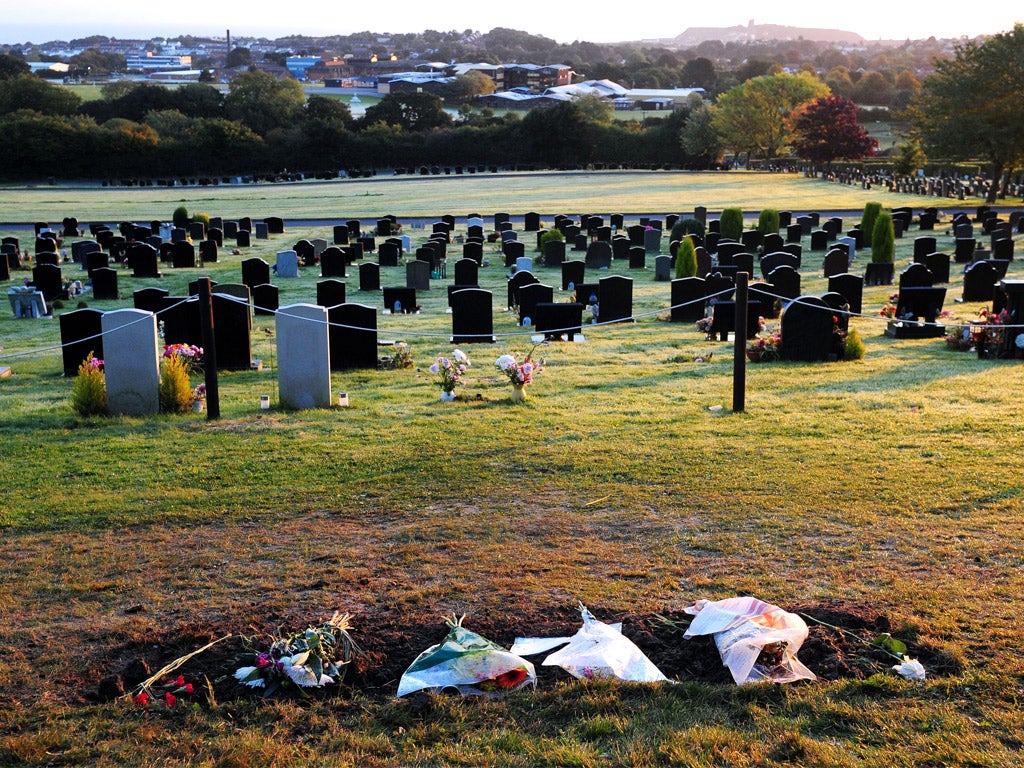BBC Director-General will apologise on air for Savile's abuses
Former patient at Stoke Mandeville Hospital claims nurses knew DJ targeted girls on his 'ward rounds'

The BBC Director-General will be required to make a formal on-screen apology for the corporation's role in facilitating Sir Jimmy Savile's predatory abuse of young girls, Lord Patten said.
The BBC Trust chairman said George Entwistle, the newly appointed Director-General, would make a prime-time apology to the nation over allegations the TV personality used rooms at BBC Television Centre to assault underage girls. But heads could roll – possibly including Entwistle – if an independent inquiry commissioned by the BBC criticises any current executives for failing to act on the claims.
Describing the affair as a "cesspit of allegations," Lord Patten has also told Entwistle to ensure the BBC's child protection policies are "gold standard". The BBC will put in place a new charter to protect staff from sexual harassment and bullying, and ensure that whistle-blowers receive protection if the current procedures are found to be wanting, Lord Patten promised.
The commitments were announced as Greater Manchester Police said it had become the latest force to receive complaints of abuse by Savile. The claims date back to the 1960s. The Metropolitan Police is pursuing 120 lines of inquiry involving rape and sexual abuse.
In a further development, it was claimed last night that Savile went on "ward rounds" to Stoke Mandeville Hospital in Buckinghamshire to find girls to abuse. Staff were said to have told girls in children's wards to "pretend to be asleep" during his visits.
Rebecca Owen, a former patient at the hospital, told BBC News that nurses knew about Savile's behaviour and did not welcome his visits. In the 1970s he began volunteering as a porter there and had use of a flat on site. "There was some sort of ironic chatter between the nurses about who would go off to his room," Ms Owen said.
Speaking to the Broadcasting Press Guild, Lord Patten said the revelations had been "appalling" for the BBC. He said: "When we know where all the bodies live and if I thought it would be a good idea to apologise in the most formal and public way for what has been established then yes, I'm sure George Entwistle will be on television. I'm sure we should (apologise)."
Lord Patten said the BBC would launch its own inquiry into the Savile affair, headed by an independent figure who carries "credibility with the nation", as soon as the Met informs the Corporation that the investigation would not compromise its own inquiries.
The inquiry could claim senior BBC figures. "You would not expect any employee of a newspaper (for example) to survive if he or she was found to have behaved improperly," Lord Patten said.
The peer, who said he first knew of the claims when ITV began to preview its documentary, strongly denied that any pressure had been placed upon the editor of Newsnight, when the current affairs programme dropped its investigation.
Lord Patten gave his backing to Entwistle, who in his previous role as the BBC's head of Television, had known about the Newsnight investigation but went ahead with glowing tribute shows to Savile after his death. Entwistle had shown that he could not be "leant upon" when he was Newsnight editor and resisted pressure to reveal his sources during the row over the death of Dr David Kelly, Patten said.
Although Savile was feted by Margaret Thatcher, Lord Patten, a former Conservative cabinet minister, said "I always thought Jimmy Savile was a pretty odd customer".
Savile's elaborate headstone at the Woodlands Cemetery in Scarborough, North Yorkshire, was removed at midnight on Tuesday out of respect for those with relatives in the graveyard.